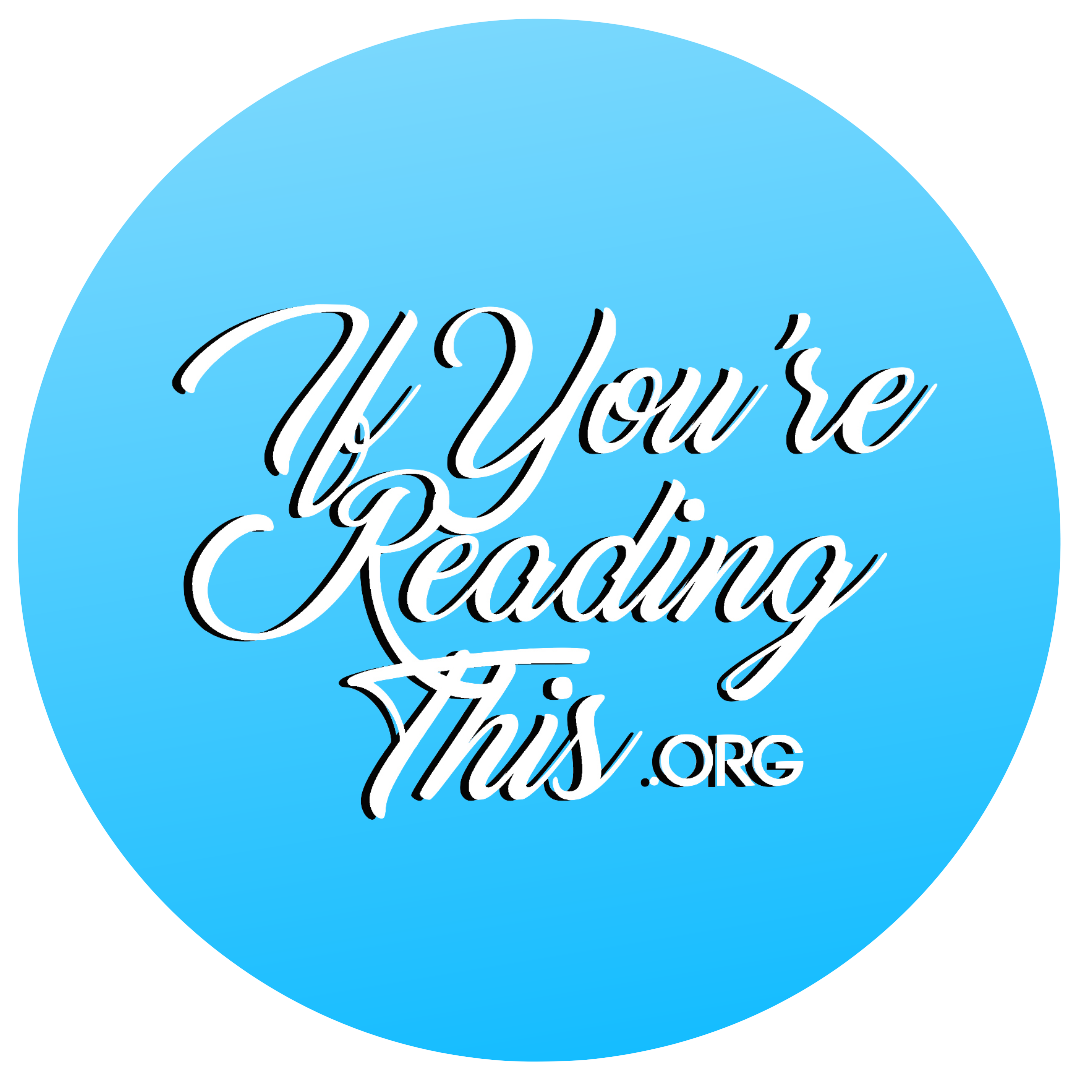If you’re reading this, the answers may be different than you think.
When you struggle with a mental health issue or disorder, getting a diagnosis can seem like a saving grace, but it can be hard to cope with the unanswered questions that remain after.
My whole life, I struggled heavily with anorexia nervosa. There were so many different restrictions that I put on myself to have control. Control-- it's a funny concept. So many times, we think we have it, but it's just an illusion while we are slowly spiraling away.
For a little while, I was getting better. Then the pandemic happened. In a time with such little certainty, I gave in to the voices in my head telling me that the only thing I could really control was how I looked. I had struggled with my eating disorder for a while, so when I felt myself relapsing during quarantine, part of me felt strangely prepared.
To my own surprise, things were different this time. I found my restrictive habits entering other parts of my life, and the intrusive thoughts were arguably worse than the physical effects they had on me. One night, I was with one of my friends and told her about the new struggles I was experiencing. She looked at me and said, "Sara, I'm no expert, but it sounds like you have OCD."
When I first heard the words "obsessive-compulsive disorder," my first instinct was, "there's no way." Growing up, I always thought that OCD was something that people with messy rooms couldn't have. I thought seeking help for something like OCD would make me isolated and ostracized; that my friends wouldn't get it and would think that I was some neat freak rather than someone battling intrusive thoughts and an inability to focus.
I didn't realize that I was feeding into stereotypes and stigmas surrounding OCD, even after working so hard to overcome the ones people have about eating disorders. Society talks a lot about educating others about our mental health struggles, but not enough about educating ourselves. When you are desperate enough for a diagnosis, you want it to be the answer to everything, so why would you go out of your way to challenge it or believe something could be different?
It was hard enough for me to accept that I had an eating disorder, and now to possibly have another diagnosis on top of that, I couldn't help but ask, "what's wrong with me?" That line has played over in my head many times since getting diagnosed and seeking help. At first, I was so scared of this new battle I had to fight. It felt like a new burden to lay on my friends and family, a new issue to look up and research, a new struggle to label myself with. It seemed like just another thing to be upset with myself over like it had erased all the hard work I had done to recover leading up to that point.
I learned that sometimes, a new diagnosis can answer questions that were left unanswered from the old one. It can push you towards getting the help you need, even if it's scary and different from before.
It takes unbelievable strength to tell yourself that you aren't growing your list of problems. Rather, you are learning new things about yourself to create solutions.
Sara B., Villanova University ‘23


